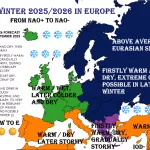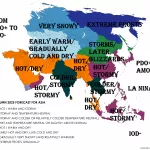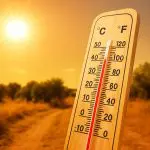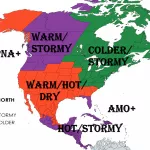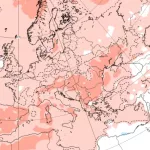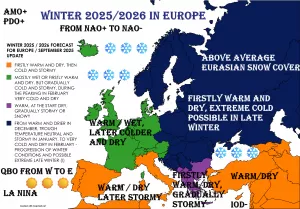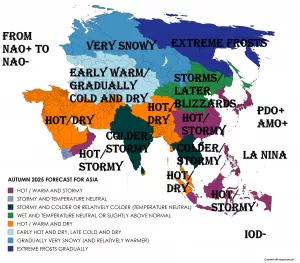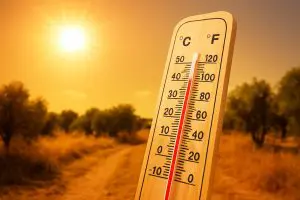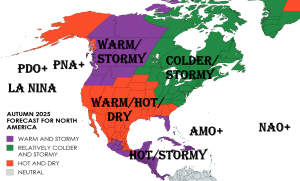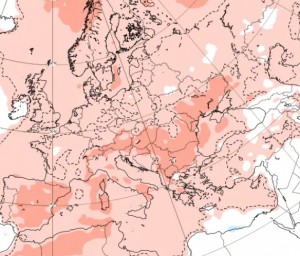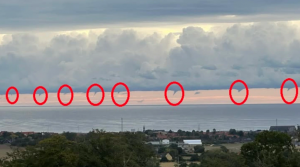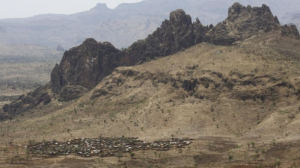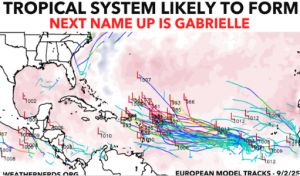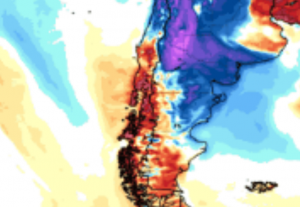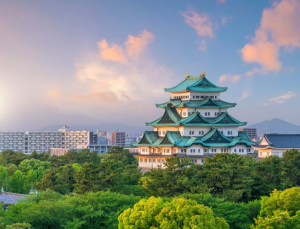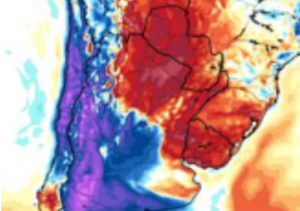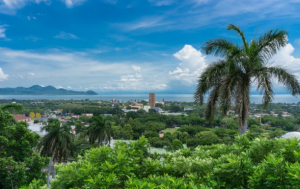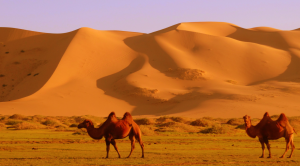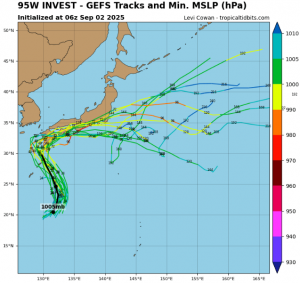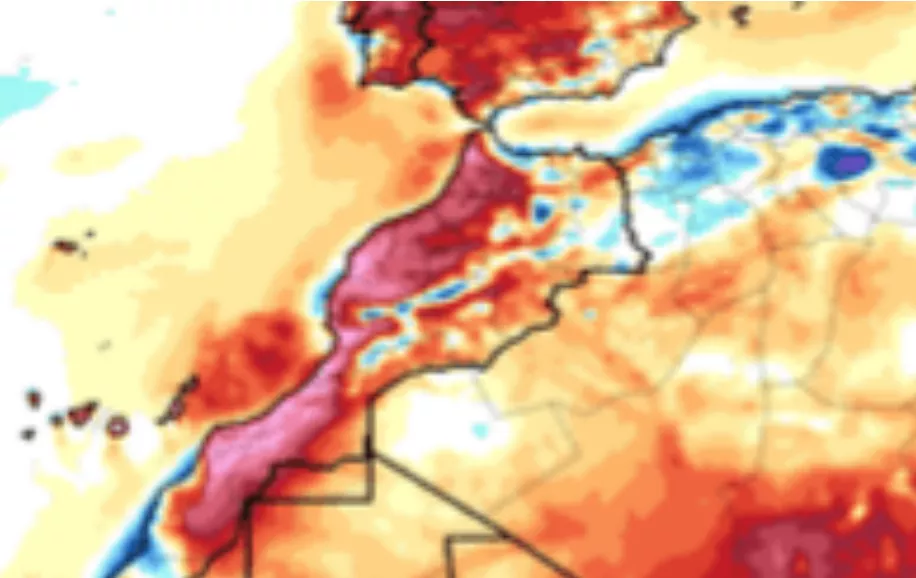
Morocco has been hit by a powerful heatwave, with temperatures soaring to an extraordinary +49.2°C, marking one of the highest temperatures ever recorded in the country. This extreme heat has swept across several regions, intensifying drought conditions and placing severe stress on local communities, agriculture, and infrastructure.
This heatwave is linked with extreme temperatures in Western Sahara /https://mkweather.com/al-ayoun-layoune-western-sahara-49-0c-all-time-record//, Spain /https://mkweather.com/never-has-been-so-hot-in-the-parts-of-spain-all-time-record-for-badajoz-spain-45-5c// or France /https://mkweather.com/hell-in-france-carcassone-42-4c-bordeaux-41-6c-never-seen-before//.
Meteorologists attribute the intense heat to a strong high-pressure system dominating the region, channeling hot air masses from the Sahara Desert across Morocco. The persistence of this heatwave has led to red-level heat warnings, urging residents to take precautions against heat-related illnesses.
The extreme temperature not only poses significant health risks but also increases the danger of wildfires and threatens vital water resources. Agricultural sectors, particularly those reliant on rain-fed crops, face heightened vulnerability as prolonged dryness exacerbates the impact.
This event reflects a broader pattern of increasing heat extremes in North Africa, linked closely to climate change and global warming trends. With the frequency and intensity of such heatwaves rising, Morocco and neighboring countries are confronting escalating challenges related to heat stress and environmental sustainability.
Authorities continue to monitor the situation closely, advising the public to stay hydrated, limit outdoor activities during peak heat hours, and watch for signs of heat exhaustion.

Source: https://x.com/extremetemps/status/1954626739122168232/photo/1

